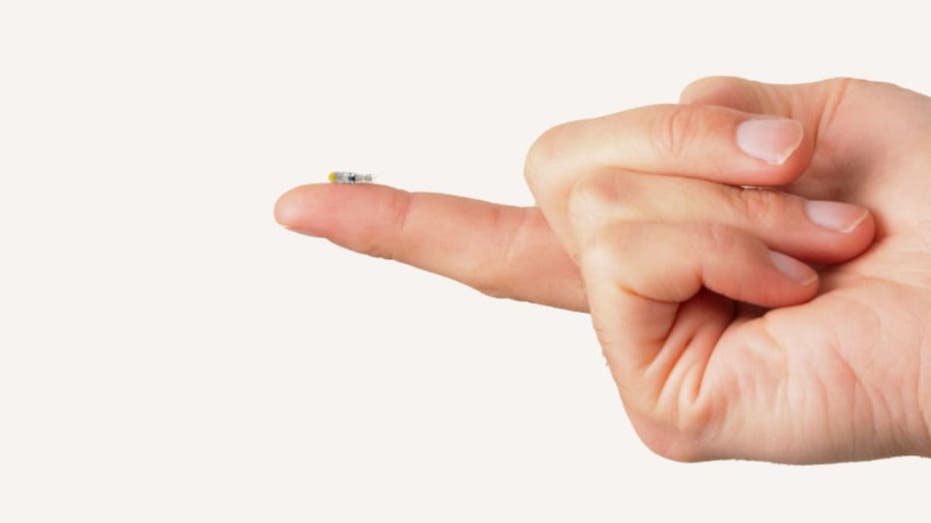A French startup named Robeauté has made headlines by raising approximately $29 million to develop an innovative neurosurgical microrobot that could transform brain surgery as we know it.
The Future of Brain Surgery
Imagine a device no larger than a grain of rice, capable of navigating the intricate and delicate pathways of the human brain. This tiny robot has the potential to revolutionize how medical professionals address brain tumors and various neurological conditions, making surgical procedures not only safer but also more precise.
Challenges in Current Neurosurgical Practices
Brain surgery is notoriously complex, primarily due to the limitations of conventional surgical tools. These instruments are often rigid and can only move in straight lines, restricting access to certain areas of the brain, particularly those housing critical functions such as movement and speech.
In many cases, surgeons are forced to leave tumors untreated, primarily because the risk of causing irreversible damage to vital brain regions is too high. Additionally, numerous medications struggle to penetrate the blood-brain barrier, leaving patients with limited treatment options.
Introducing Robeauté’s Microrobot
Robeauté’s groundbreaking microrobot is designed to address these significant challenges. Measuring just three millimeters in length—approximately the size of a grain of rice—it can enter the brain through a minuscule incision of only one millimeter. Unlike traditional surgical tools, this robot is engineered to follow curved paths, gently displacing brain tissue rather than cutting through it. Its movement is inspired by the way tiny insects traverse water surfaces, utilizing adhesion forces that come into play at such small scales.
Equipped for Precision
Inside the microrobot is a compact compartment that houses miniature surgical instruments. For example, during a biopsy, it employs a flexible needle and tiny forceps to collect tissue samples, which can be stored internally or retrieved through a connected cable. Beyond biopsies, this innovative device can implant electrodes for the treatment of conditions like Parkinson’s disease or deliver medications directly to tumors. It also features sensors that provide real-time feedback to surgeons, allowing for precise monitoring throughout the procedure.
Planning the Path with Advanced Technology
What truly sets this microrobot apart is its advanced path-planning capabilities. By utilizing MRI scans in conjunction with artificial intelligence, surgeons can map out safe routes that steer clear of sensitive areas. During the operation, they can adjust the robot’s trajectory in real time using ultrasound imaging, achieving sub-millimeter precision.
Promising Preclinical Trials
To date, the microrobot has undergone preclinical testing, primarily on sheep, yielding promising results. No significant complications, such as bleeding, were observed, indicating that the device can safely navigate brain tissue. Robeauté plans to initiate human clinical trials in 2026, focusing on microbiopsies of brain tumors, with an eye toward expanding into the U.S. market and seeking FDA approval by 2030.
The Potential Impact on Neurosurgery
The implications of this microrobot are vast. It could enable earlier diagnosis and more effective treatment of brain tumors while significantly reducing the risks associated with traditional surgical methods. Its minimally invasive nature may lead to quicker patient recoveries and fewer side effects. Furthermore, the ability to gather live data from within the brain could expedite research and drug development for neurodegenerative diseases like Alzheimer’s and Parkinson’s.
A New Era in Brain Treatment
Robeauté’s microrobot embodies an exciting convergence of robotics, artificial intelligence, biology, and medicine, addressing one of healthcare’s most formidable challenges: safely accessing and treating brain conditions. While hurdles remain—such as regulatory approvals and scalability—this diminutive device holds the promise of transforming previously “inoperable” brain tumors into treatable conditions. As one of the company’s founders aptly puts it, the microrobot acts as a “brain gardener,” delicately nurturing damaged tissue from within.
Would you feel confident entrusting your brain surgery to a rice-sized robot? Share your thoughts with us.
Stay informed on the latest in technology and security by subscribing to our newsletter for expert tips and updates.
